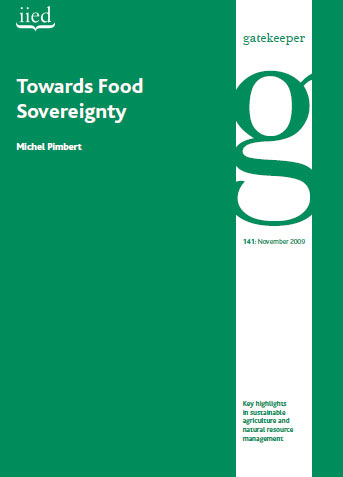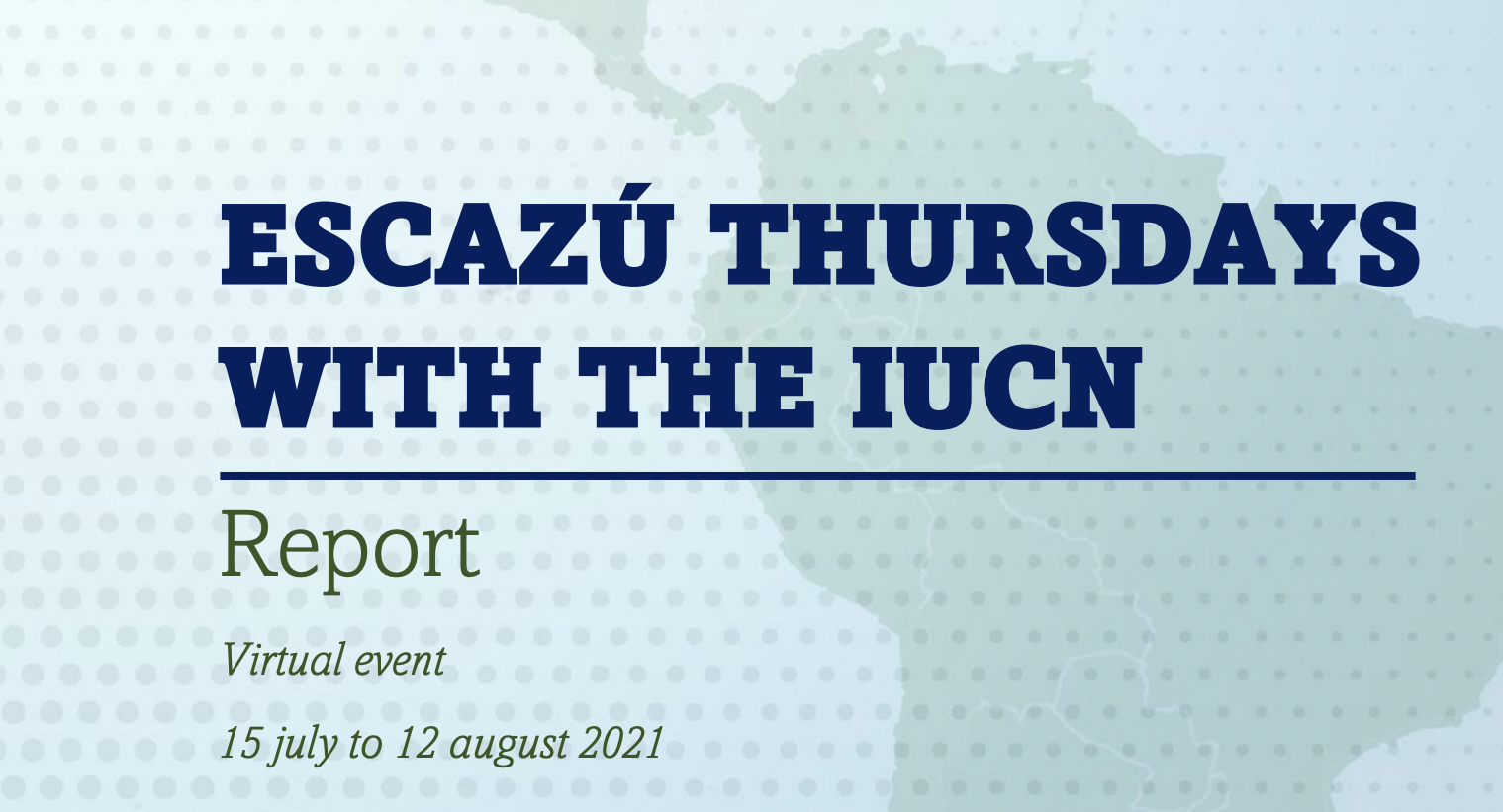Towards Food Sovereignty
“Towards Food Sovereignty”, 2009. By Michel Pimbert. The Gatekeeper Series No 141, International Institute for Environment and Development (IIED)

Photo: Michel Pimbert
CEESP Deputy Chair, Michel Pimbert has written the following Report. SUMMARY: Localised food systems provide the foundations of people's nutrition, incomes, economies, ecologies and culture throughout the world. In this way food is primarily sold, processed, resold and consumed locally, with many people deriving their incomes and livelihoods through work and activities at different points of the food chain, from seed to plate. These local food systems provide a livelihood for more than 2.5 billion small-scale farmers, pastoralists, forest dwellers and artisanal fisherfolk worldwide.
However, despite their current role in and future potential for meeting human needs and sustaining diverse ecologies, local food systems—and the organisations that govern them— are threatened by two main processes. The first is the global restructuring of agri-food systems, with a few transnational corporations gaining monopoly control over different links in the food chain. This process is undermining local people's capacity for autonomy and self-determination. The second threat is the modernist development agenda pursued by organisations such as the World Bank and the Gates Foundation. This agenda envisages achieving the Millennium Development Goals by reducing the number of people engaged in food production and instead encouraging them to get jobs in the largely urban-based manufacturing and service sectors—regardless of the social and ecological costs.
The food sovereignty movement has emerged as a reaction to this situation. It aims to guarantee and protect people's space, ability and right to define their own models of food production, distribution and consumption. The concept, and the struggle to achieve it, is bringing together farmers, indigenous peoples, pastoralists and all manner of rural and urban groups from both the South and the North.
This paper describes how achieving food sovereignty will entail a fundamental shift away from the industrial and neo-liberal paradigm for food and agriculture towards:
- More direct democracy and greater citizen participation in framing policies for food and agriculture; respecting and including the voices of the very poor and marginalised (especially women).
- Federations of elected citizen-based local councils linking villages, towns, neighbourhoods, local economies and ecological units to act as a significant counter-power to the state and transnational corporations.
- Democratised research and strong networks of local innovators.
- Reformed and equitable access and resource use rights, including land, water, forests, seeds and the means of production.
- Re-localised and resilient food systems based on agro-ecology, eco-literacy and circular economy models.



